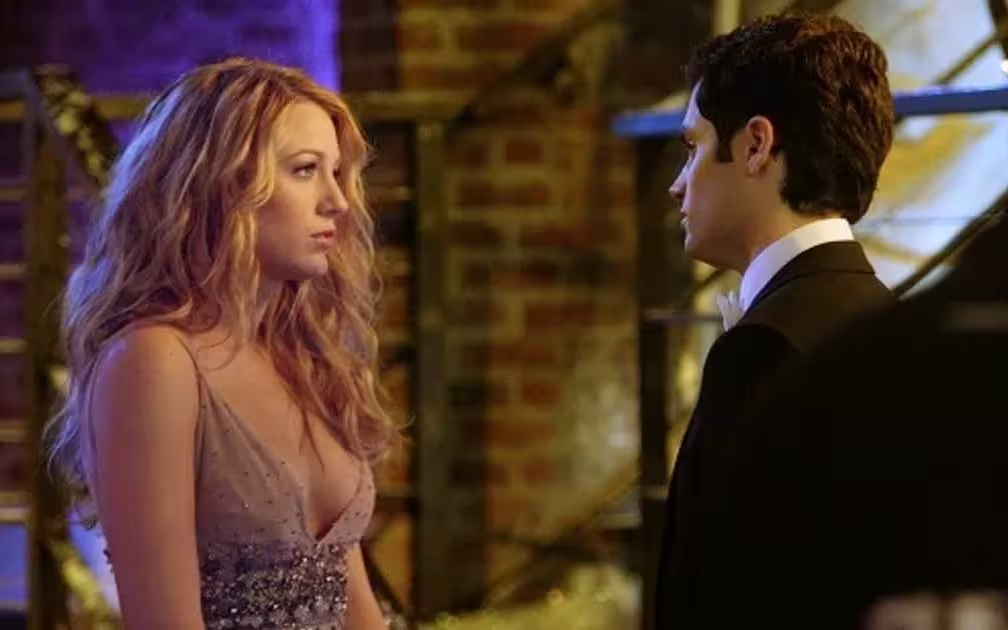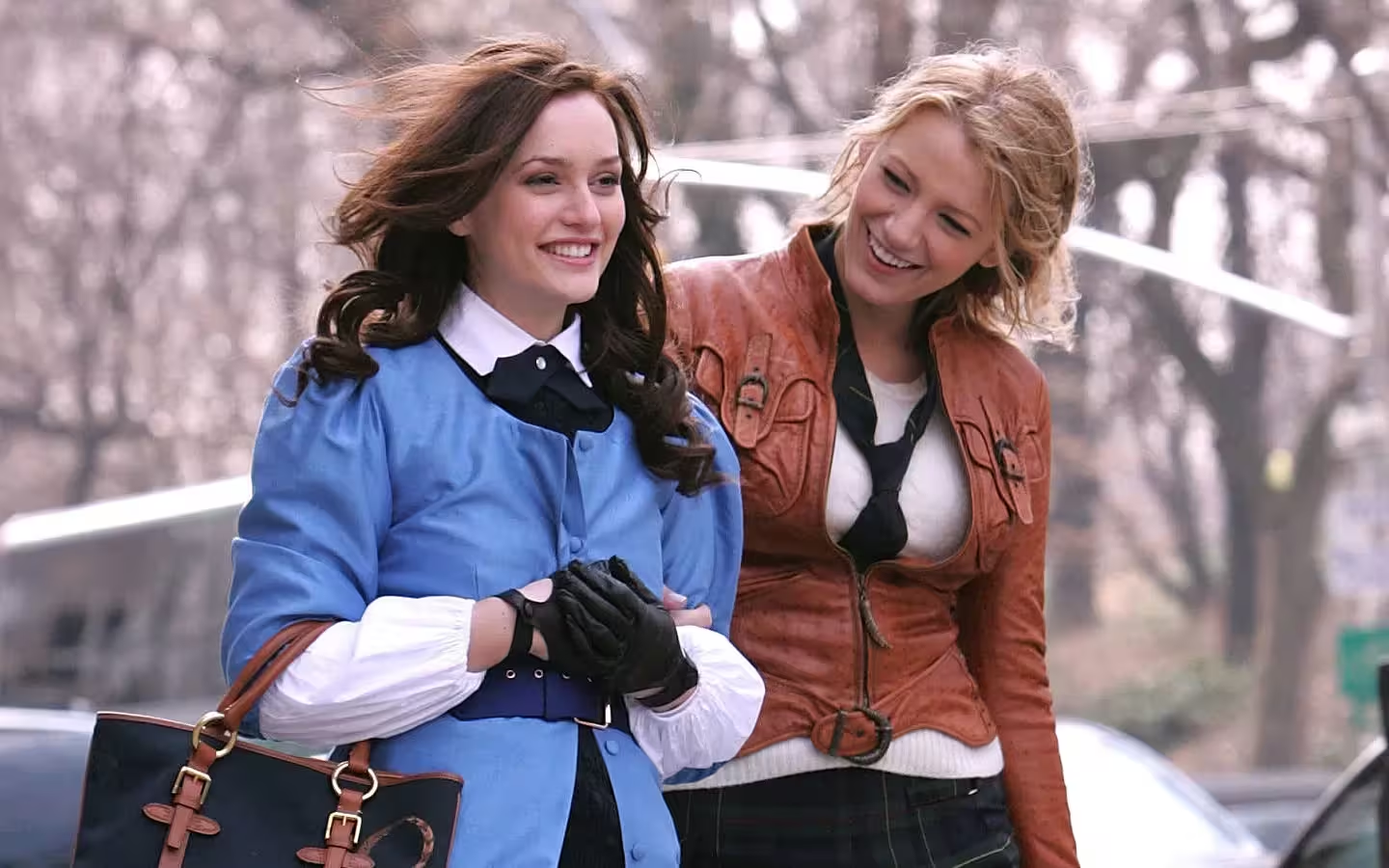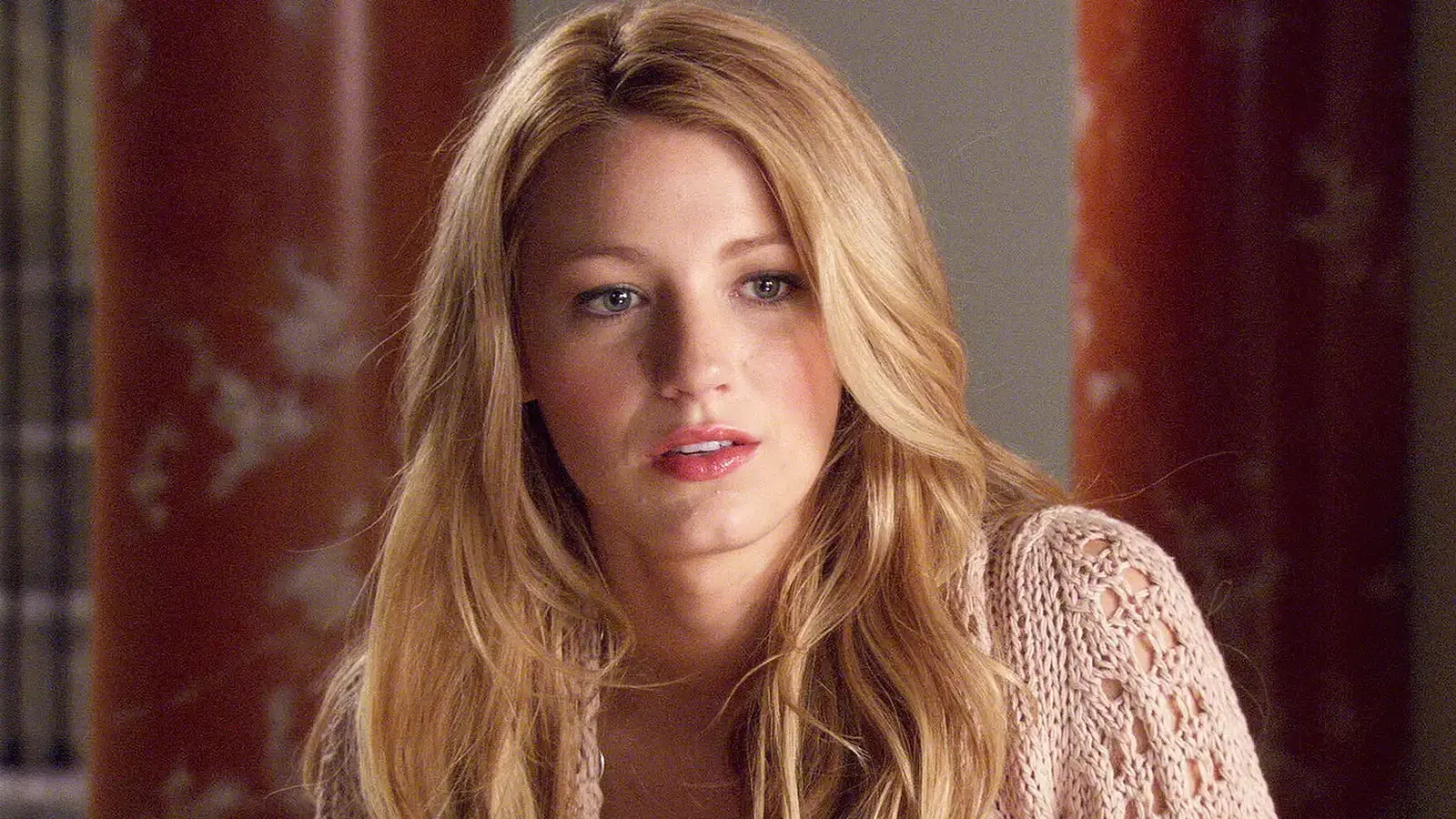5 Minutes
The Arrival of Diana Payne: A Brief But Bold Upper East Side Shake-Up
When Elizabeth Hurley stepped onto the set of Gossip Girl in season five as Diana Payne, it wasn’t just another celebrity cameo — it was a calculated narrative jolt. In a series defined by secrets, fashion, and social warfare, Diana arrived as a sexy, self-made media mogul who quickly became a catalyst for upheaval on the Upper East Side. Her arc was short, sharp, and unforgettable: a charismatic manipulator whose relationship with Nate Archibald (Chace Crawford) exposed new layers of scandal and intrigue.
.avif)
What made the character memorable?
Diana Payne worked because Hurley brought screen gravitas and worldliness to a role that could have been one-note. The character’s arc culminated in a classic Gossip Girl twist — a USB containing surveillance footage that ultimately pointed to the real Gossip Girl. That reveal re-energized the series’ mystery engine and gave viewers one more puzzle piece in the show’s mythology.
Context: Cameos, Prestige TV, and the Teen Drama Evolution
Gossip Girl belongs to a lineage of teen dramas that blend soap opera stakes with contemporary culture — think The O.C., One Tree Hill, and later Euphoria. But what set Gossip Girl apart was its marriage of celebrity presence and serialized mystery. Casting established film and fashion figures like Hurley elevated the show’s cultural cachet and mirrored a broader industry trend: veteran film actors migrating into high-profile TV roles as prestige television expanded in the 2010s.

Comparisons and lineage
Hurley’s Diana is comparable to other high-impact guest roles in ensemble teen dramas — the kind of part that reorients relationships, increases ratings, and leaves a lasting impression long after the finale. In that sense, Diana functions like a cross between a classic Dynasty antagonist and a modern viral influencer: glamorous, ruthless, and strategically ambiguous.
Behind the Scenes and Family Ties: Damian Hurley’s Directorial Debut
Off-screen, Elizabeth Hurley’s real-life role as a mother and creative force adds another layer to the story. Her son Damian Hurley grew up around sets, absorbing the rhythms of production; that upbringing later informed his own move into directing. Damian wrote and directed the film Strictly Confidential, which notably cast his mother in a lead role — a creative family collaboration that illustrates how set life can shape emerging filmmakers.
Film critic Anna Kovacs, a freelance television analyst, notes: "Hurley’s Diana Payne is a reminder that a well-timed cameo can change a show’s trajectory. It brought a level of adult sophistication to Gossip Girl’s teen angst and proved that casting can be a storytelling device in itself."
Fan Reaction, Critical Takeaways, and Cultural Impact
Fans debated Diana’s motives and Hurley’s casting for years after the episode aired. Social media threads and fan forums dissected the USB reveal and argued about whether Diana was a villain or a pragmatic player. Critics praised the show’s willingness to disrupt the status quo late in its run; audiences enjoyed the renewed sense of danger. With an IMDb rating around 7.5 and strong Rotten Tomatoes approval, Gossip Girl’s reputation as a cultural touchstone only deepened.

Critical perspectives
From a storytelling standpoint, Diana Payne exemplifies how a short arc can amplify stakes and provide thematic contrast. Some critics argue the character’s manipulative tactics were underexplored, while others laud the ambiguity that allowed viewers to project their own theories. Either way, the arc served the larger mystery and the show’s exploration of power, privacy, and public persona.
Conclusion: Beyond the Role — Hurley’s Lasting Influence
Elizabeth Hurley’s Diana Payne did more than stir gossip; she reinforced a truth about television and celebrity: a single, well-executed guest role can ripple across a series’ narrative and its cultural afterlife. Paired with Damian Hurley’s ascent as a director and their off-screen collaborations, this moment speaks to generational continuity in the arts. For fans of TV drama, media thrillers, and character-driven twists, Diana remains a reminder that even brief appearances can be brilliantly consequential.
Source: fandomwire



Leave a Comment